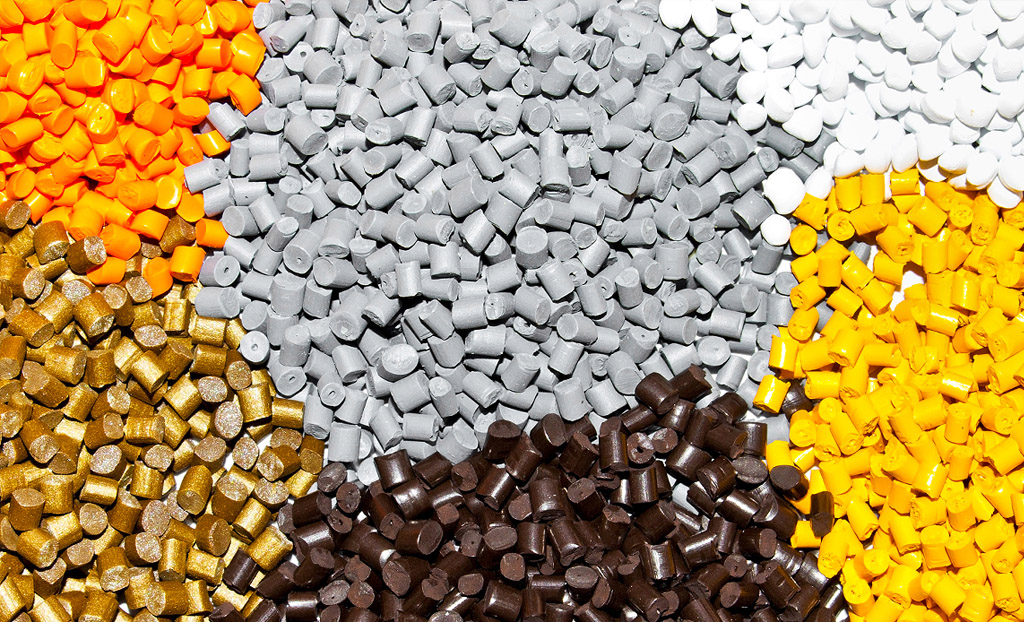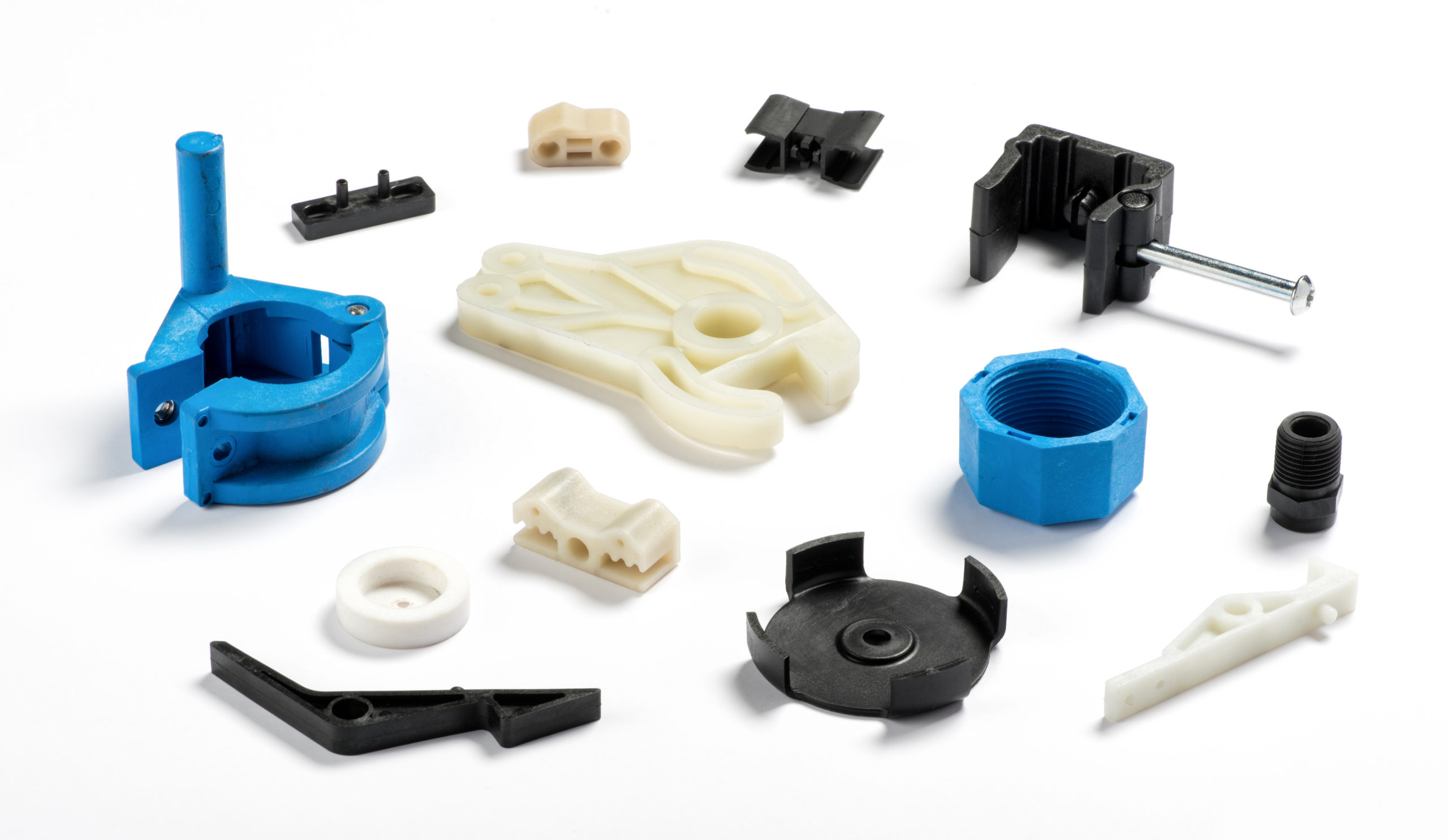The ABS plastic injection molding process is a widely used technique in the manufacturing industry, known for its versatility, strength, and affordability. ABS, or Acrylonitrile Butadiene Styrene, is a common thermoplastic polymer that is easy to mold and tailor to a variety of specifications. Fine precision, a plastic injection molding manufacturer, provides high quality plastic injection molding services. This guide aims to provide a comprehensive understanding of the ABS plastic injection molding process, from its basic principles to its practical applications. Whether you’re a seasoned manufacturer or a novice in the field, this guide will offer valuable insights into the intricacies of this process. We will explore the characteristics of ABS plastic, the step-by-step procedure of the injection molding process, and the factors that influence the quality and efficiency of the final product.

ABS, derived from Acrylonitrile Butadiene Styrene, is an amorphous thermoplastic known for its opaqueness and ability to withstand impacts. It stands out as a preferred material for injection molding, being a polymer composed of three monomers, as indicated by its name. Due to its amorphous nature, ABS lacks a distinct melting point.
The inclusion of styrene imparts a glossy, impermeable surface to the plastic, while polybutadiene enhances toughness across a broad temperature range. Notably, ABS's chemical structure can be modified, resulting in improved characteristics tailored to specific applications.
Being thermoplastics, ABS plastics find utility in diverse industries that demand robust and impact-resistant materials for manufacturing. As a thermoplastic substance, ABS doesn't combust when heated; instead, it transforms into a liquid state during the molding process, facilitating seamless injection molding and recycling. ABS plastic is prominently employed in various applications, including computer keyboard keys, protective coverings, housings for power tools, LEGO toys, and more.

The ABS plastic injection molding process is a sophisticated manufacturing technique that involves the injection of molten Acrylonitrile Butadiene Styrene (ABS) plastic into a carefully designed mold. This ABS molding process is widely employed across industries due to the exceptional properties of ABS, including its durability, impact resistance, and versatility.
1. Material Preparation:
The process begins with the preparation of ABS plastic pellets or granules. These raw materials are carefully measured and fed into the injection molding machine's hopper.
2. Mold Design:
The mold, a critical component of the process, is meticulously designed to shape the ABS plastic into the desired form. It comprises two halves, the cavity and the core, which come together to create the final product shape.
3. Injection:
The ABS plastic is heated within the injection molding machine until it reaches a molten state. The machine then injects the liquefied plastic into the mold under high pressure, ensuring it fills every crevice of the mold cavity.
4. Cooling:
Once the mold is filled, the ABS plastic is allowed to cool and solidify within the mold. The cooling process is carefully controlled to prevent warping or deformities in the final product.
5. Ejection:
After the ABS plastic has sufficiently cooled and solidified, the mold opens, and the newly formed part is ejected from the mold. This step requires precision to avoid damage to the product.
6. Quality Control:
Rigorous quality control measures are implemented throughout the process to ensure that each molded part meets specified standards. This may include visual inspections, dimensional checks, and other quality assurance tests.
7. Post-Processing (Optional):
Depending on the application, additional post-processing steps may be employed. This could involve trimming excess material, adding surface finishes, or assembling multiple components.
8. Recycling (Optional):
ABS plastic is inherently recyclable. In environmentally conscious processes, scrap or defective parts can be reground and reused in the injection molding cycle, minimizing waste.
Acrylonitrile Butadiene Styrene (ABS) injection molding offers a multitude of advantages, making it a preferred choice in various industries. This versatile thermoplastic polymer presents distinctive qualities that contribute to its widespread adoption in manufacturing processes. Here are the key advantages of ABS injection molding:
Durability and Strength:
ABS exhibits exceptional durability and strength, providing molded products with the ability to withstand impact and external forces. This makes it an ideal choice for applications requiring robust and resilient components.
Cost-Effectiveness:
ABS injection molding is a cost-effective manufacturing method. The raw material, ABS plastic, is relatively affordable, and the efficiency of the injection molding process contributes to reduced production costs, making it an economically viable option.
Customization Options:
One of the standout features of ABS is its ease of modification. The chemical structure can be adjusted to enhance specific properties, offering manufacturers a wide range of customization options. This flexibility ensures that ABS meets diverse application requirements.
Versatility in Applications:
ABS plastic is highly versatile, finding applications in various industries. From automotive components and consumer electronics to household items and toys, the adaptability of ABS makes it suitable for a broad spectrum of products.
Ease of Processing:
The injection molding process for ABS is efficient and straightforward. ABS plastic melts at a relatively low temperature, facilitating easy injection into molds. This ease of processing contributes to faster production cycles and increased overall efficiency.
Automotive Components:
ABS is extensively used in the automotive industry for molding components such as interior trim, dashboard panels, door handles, and exterior parts. Its durability and impact resistance make it ideal for these applications.
Consumer Electronics:
ABS is a preferred choice for molding components in consumer electronics, including cases for electronic devices, bezels, and structural parts. Its electrical insulation properties and aesthetic appeal contribute to its popularity in this sector.
Toys and Games:
The iconic LEGO bricks are made from ABS plastic, highlighting its suitability for toy manufacturing. ABS's ability to maintain shape, vibrant color options, and safety make it an ideal choice for producing a wide range of toys and games.
Appliance Housings
ABS is commonly used for molding the housings of various household appliances such as vacuum cleaners, kitchen appliances, and power tools. Its impact resistance and ease of customization contribute to the durability and aesthetic appeal of these products.
Medical Devices:
ABS plastic is employed in the manufacturing of certain medical device components. Its ability to withstand sterilization processes, chemical resistance, and ease of molding make it suitable for medical applications.
Computer and Office Equipment:
Keyboards, mouse housings, and other components in computer and office equipment often utilize ABS plastic molding. The material's durability, smooth surface finish, and customization options align well with the requirements of these applications.
Protective Gear and Helmets:
The impact resistance of ABS makes it suitable for molding protective gear such as helmets, knee pads, and elbow pads. Its ability to provide a balance between strength and weight contributes to the safety features of these products.
Pipe Fittings and Plumbing Components:
ABS is employed in molding various pipe fittings and plumbing components due to its chemical resistance and durability. Its use in this context ensures longevity and reliability in plumbing systems.
Musical Instruments:
Some musical instrument components, particularly those requiring durability and impact resistance, are molded from ABS. This includes certain parts of wind instruments and protective coverings for electronic instruments.
Point-of-Purchase Displays:
ABS's versatility in color options, ease of molding, and durability make it a popular choice for creating attractive and durable point-of-purchase displays in retail settings.
The widespread use of ABS plastic molding across these diverse applications underscores its importance as a go-to material for manufacturers seeking a combination of strength, customization, and efficiency in their products.
As one of the leading custom injection molding companies, Fine Precision’s custom injection molding services are second to none. We have the right manufacturing technologies, resources, and highly qualified technicians to deliver the best services at all times. Thus, we help you manufacture high-quality and durable injection molded parts at competitive pricing. Our expert team is always available to solve your manufacturing problems at all times. The plastic injection factory, Fine Precision is ready to put you ahead of the competition with our technologically advanced platform. This platform allows you to get instant quotes, manage your quotes and orders while viewing the state of your project. Get in touch with us today!